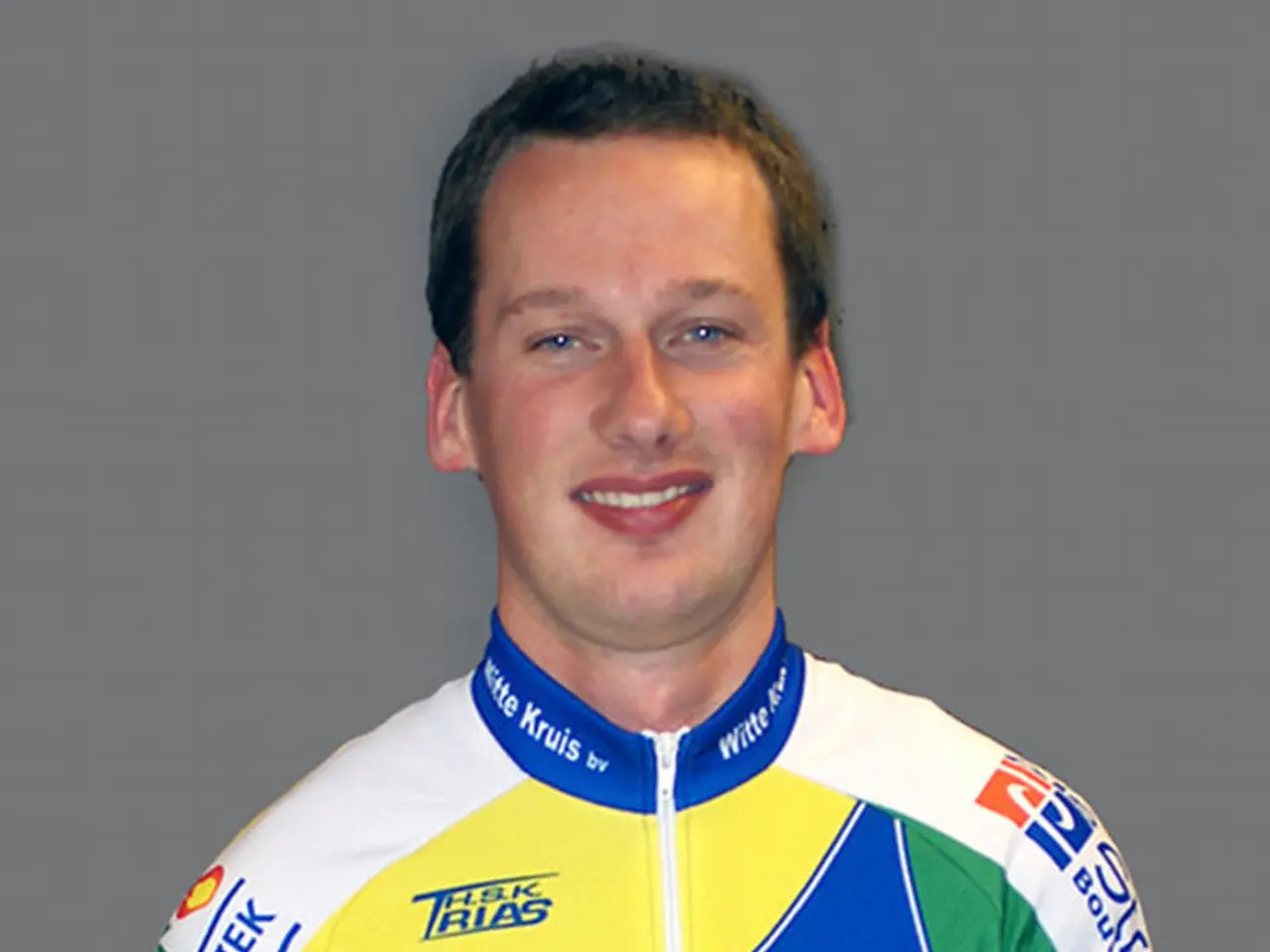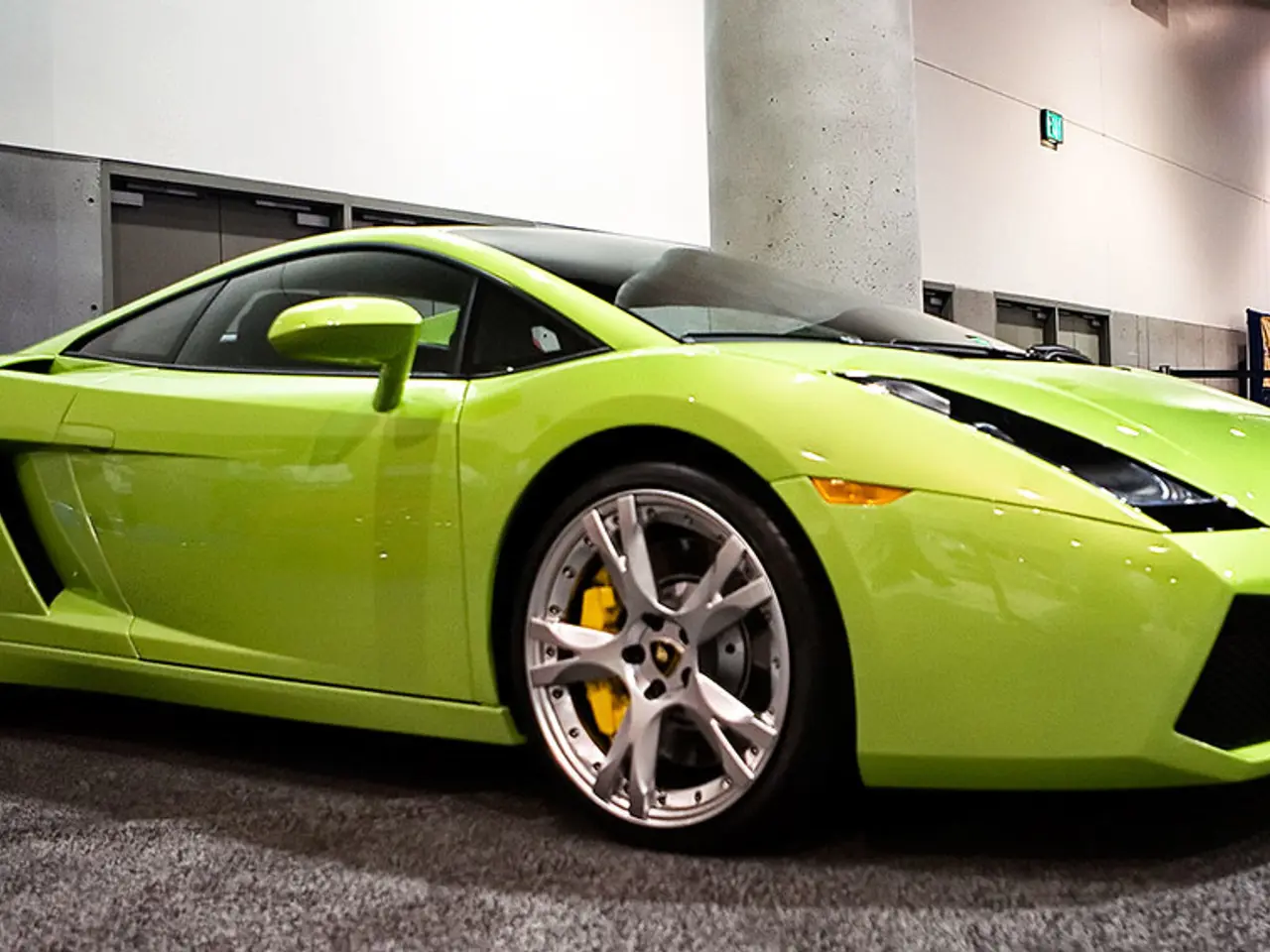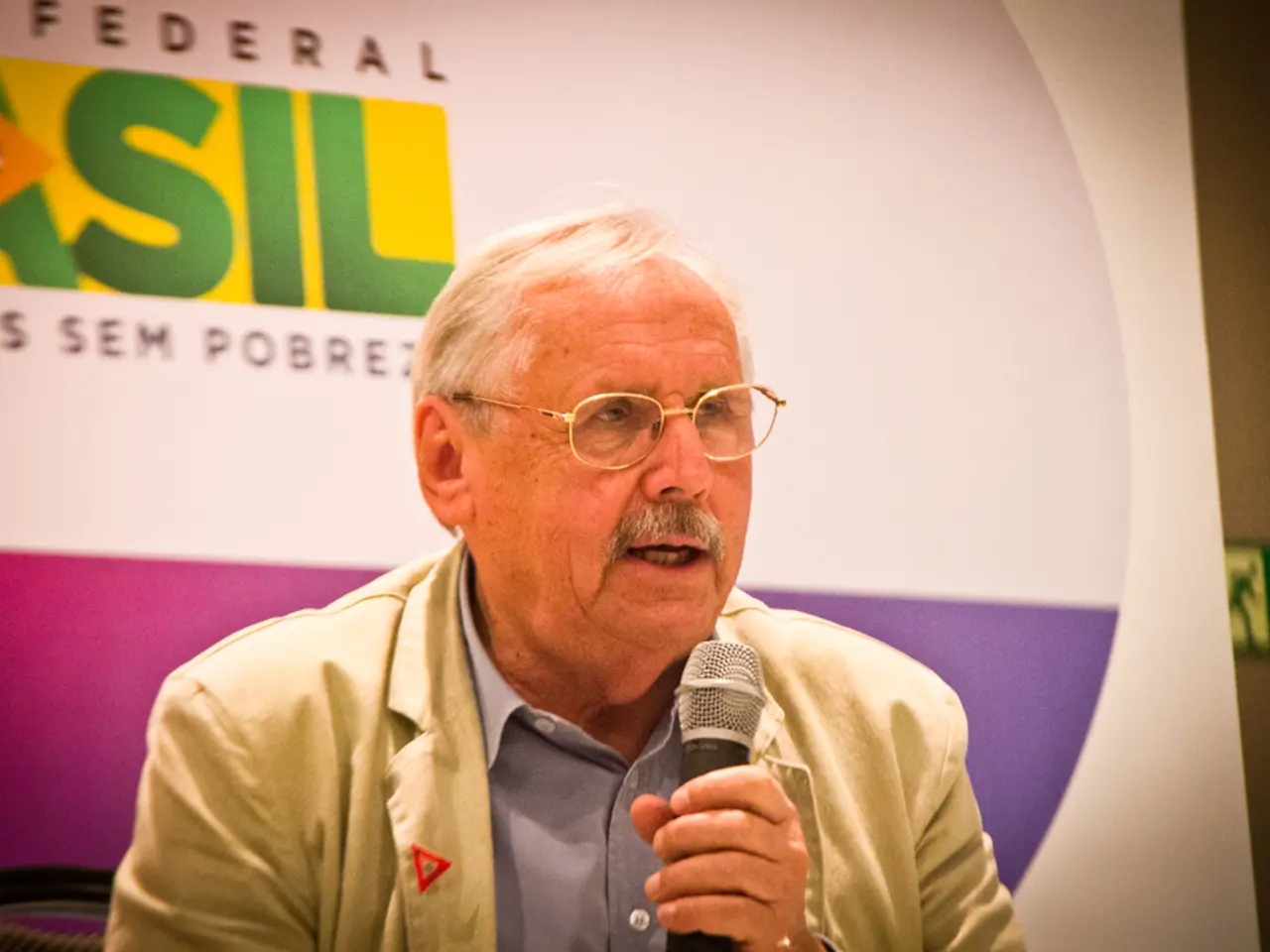The financial success of the Tour de France doesn't rely on the French yellow jersey for its continuation.
In the world of cycling, the Tour de France remains a global phenomenon, drawing millions of spectators and participants alike. Despite the continued absence of a French winner in the event's final general classification since Bernard Hinault's victory in 1985, the Tour de France's success and financial health remain robust.
Jean Durry, a renowned sports specialist and author of The True History of Cycling Giants, views the Tour de France as a "phenomenon in itself." According to Durry, the economy of the Tour de France can thrive regardless of good results from French riders. This assertion is backed by the Tour de France's economic model, which has continued to prosper the finances of Amaury Sport Organization (ASO) for four decades, regardless of the number of French victories.
The Tour de France remains one of the most successful and watched sporting events globally. Its success is not solely dependent on French victories. The event's popularity is maintained by its challenging route, international participation, and ongoing legends like Tadej Pogacar and other top riders. However, a French victory can enhance national interest and boost local engagement.
Financially, the Tour de France is robust, with significant income from broadcasting rights, sponsorships, and merchandise. While a French winner might increase local sponsorship and viewership, the event's financial stability is not heavily reliant on this factor. The international appeal and the participation of top global riders ensure consistent financial support.
From a national perspective, the absence of a French winner can affect local interest and participation. However, teams like Groupama-FDJ continue to attract French fans by aiming for stage wins and competing in the general classification. Riders such as Romain Grégoire and Guillaume Martin are key figures in this strategy.
Seven French riders have finished on the podium of the Tour de France since Hinault's victory. Bernard Hinault himself finished second in 1986, Jean-François Bernard came third in 1987, Laurent Fignon finished second in 1989, Richard Virenque finished third in 1996 and second in 1997, Jean-Christophe Peraud finished second in 2014, and Romain Bardet finished second in 2016 and third in 2017.
In conclusion, while the lack of French victories in the Tour de France's general classification might affect local enthusiasm, it does not significantly impair the event's overall success or financial health. The Tour de France remains a global phenomenon with a strong financial foundation, transcending national boundaries and captivating audiences worldwide.
The Tour de France's financial stability is not solely dependent on French victories, as the event derives significant income from broadcasting rights, sponsorships, and merchandise (financial). The international appeal and participation of top global riders ensure consistent financial support, making the Tour de France a global phenomenon that transcends national boundaries and captivates audiences worldwide (sports).








